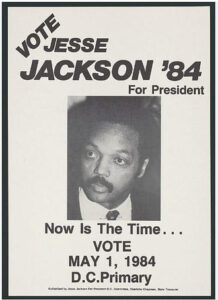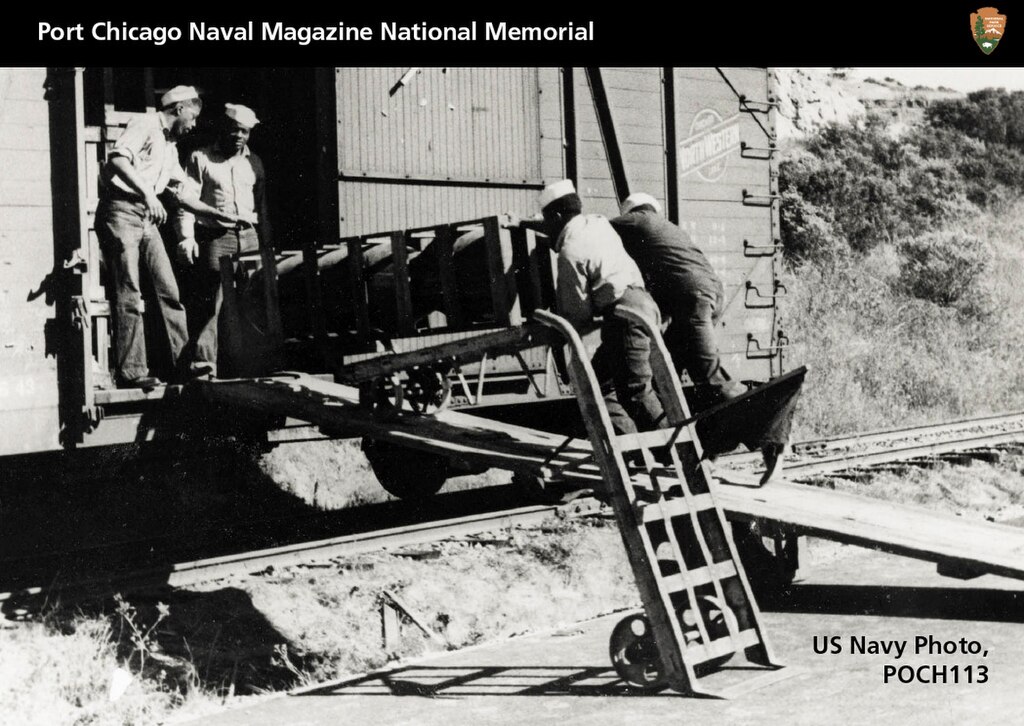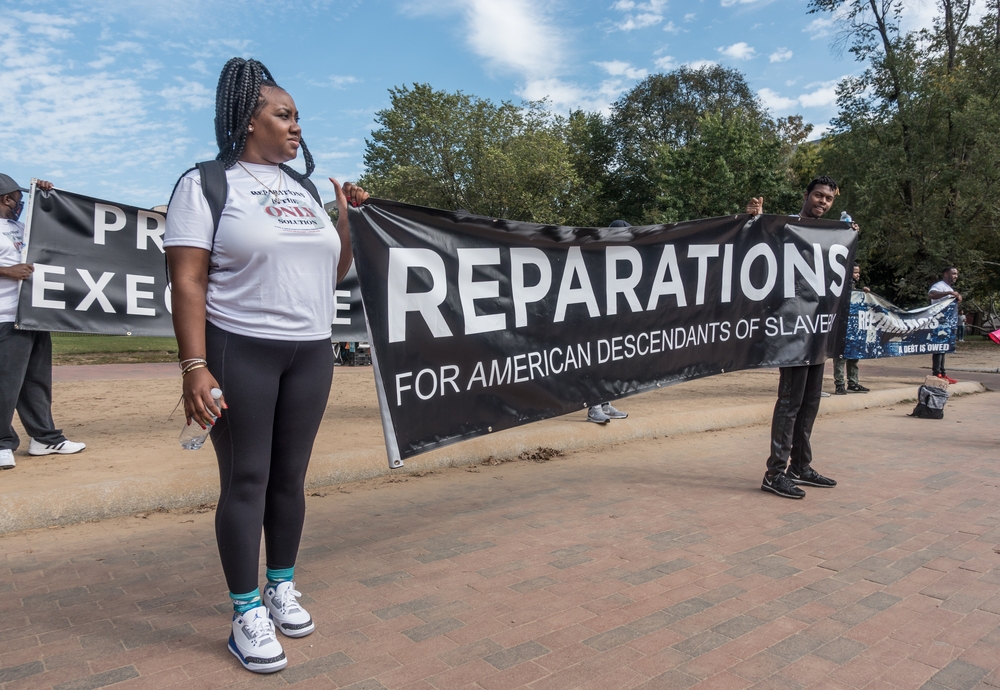The U.S. Navy recently ruled to exonerate the Port Chicago 50, a group of Black sailors who were unjustly accused of a mutiny.
Announced on Wednesday, the Secretary of the Navy, Carlos Del Toro, admitted that the court material contained “legal errors” that made the case “fundamentally unfair.” By exonerating the men, the actions of the Port Group 50 are now considered as honorable, giving descendants and other family members the ability to receive past benefits from the Department of Veterans Affairs. The change also means that the judicial proceedings will be set aside or annulled against all men.
The decision comes from the advocacy of Carol Cherry, the daughter of one of the sailors accused of the mutiny.
“We are so delighted. Our dad would be very happy about this,” said Cherry per CBS News. “The men and their families are all very deserving of acknowledgment and exoneration. That’s the biggest thing.”
The exoneration was announced on the event’s 80th anniversary. On July 17, 1944, an explosion on the Port Chicago Naval Weapons Station took the lives of 323 sailors, two-thirds of which were Black, who were tasked with putting munitions onto the ships. Another 393 were reported to have been injured in the event.
While the white supervising officers at the port were allowed to leave, the Black sailors who had survived the explosion were forced to go back to working at the site, tasked with also cleaning up the base and the remains of those who died. The Navy’s rules at the time prevented Black sailors from going on a majority of the sailing jobs; instead, they required them to stay at the ports without proper training for dangerous work and without proper materials such as gloves to lift 600 pound bombs.
When the sailors refused to go back to the site of the attack for their own safety, in just 45 minutes, they were accused and convicted of forming a mutiny, giving them prison time. Considered then as the Port Group 50, they were given 15 year sentences. All appeals by the NAACP weren’t listened to. The men were only released after serving nearly two years in prison to serve in assignments following the end of World War II.
“The Chicago 50 played a pivotal role in highlighting the challenges faced by Black Americans in the armed forces during the mid-20th century,” said representatives at the Legal Defense Fund following the exoneration. “This exoneration provides resolution, but it is part of American history that should not be forgotten. It is imperative that our nation recognize the story of the Chicago 50’s struggle and triumphs.”











